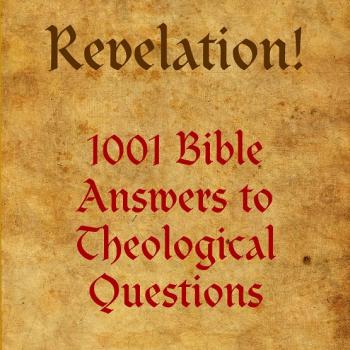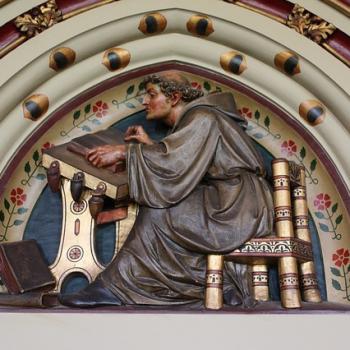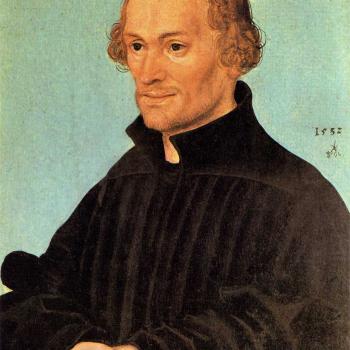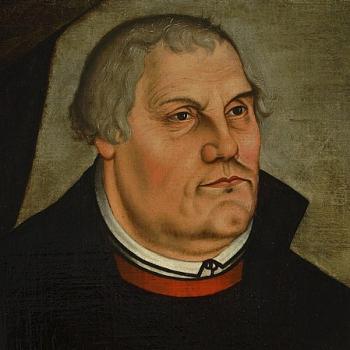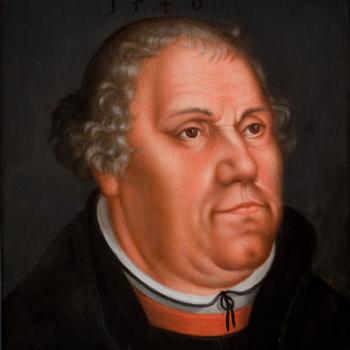In 2005 I wrote the fairly exhaustive article, Luther’s “Snow-Covered Dunghill” (Myth?). I could not find conclusive evidence that Martin Luther had ever used this phrase; although I thought I found all the basic component ideas present in Luther. I was curious to see if anyone else had come up with anything since that time. Apparently not, and it seems that my paper remains the most in-depth treatment of the question online. It may be that I have found, today,... Read more



